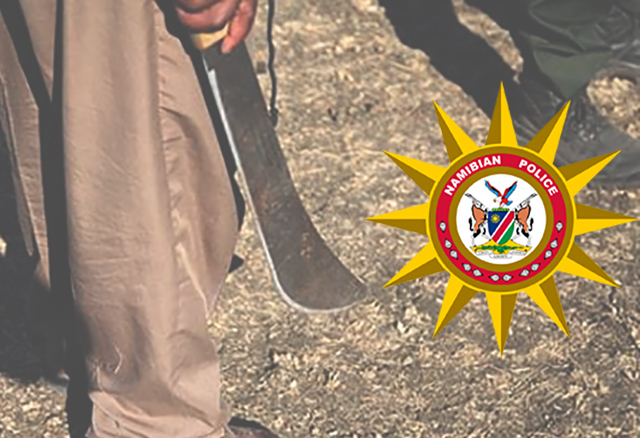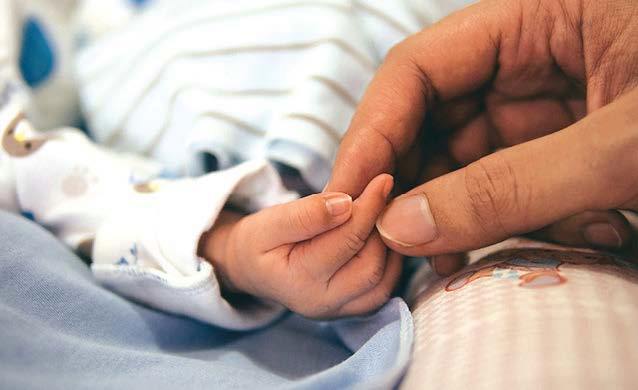HARARE – Zimbabwe’s Finance Minister Hebert Murerwa will on Thursday table an eagerly awaited national budget with measures that crisis-weary Zimbabweans hope would put a gravely ill economy back on the rails, but analysts see little room for the former diplomat to manoeuvre without drastic political and economic reforms.
Zimbabwe has to overcome its worst post-independence economic crisis, reflected by world record inflation officially at 1 070 per cent – a figure disputed by many independent analysts who argue that the statistic is much higher, pointing to the weekly increases in the prices of commodities. Shortages of foreign currency, food and fuel and intermittent power and water cuts have worsened the plight of an urban population that has borne the brunt of a crisis also dramatised by 80 per cent unemployment and deepening poverty.”The biggest challenge for Murerwa is to present a package that gives confidence to investors both local and international and to address the issue of productivity, which is the underlying cause of inflation,” Eric Bloch, a Bulawayo-based economist and central bank adviser said.While President Robert Mugabe’s government has dubbed inflation, and lately corruption, its number one enemy, analysts said the government seemed unprepared to crack down on non-productive farmers who benefited from its chaotic and often violent land reforms.Critics mainly point to the historic land seizures for dislocating agriculture, the backbone of the economy.Once a top foreign currency earner and main employer, agriculture is in decline mainly due to lack of inputs and failure to fully utilise land by blacks resettled on former white farms.This has had a ripple effect on sixty per cent of the southern African nation’s industries which rely on agriculture and are operating at around 30 per cent.”Zimbabwe is an agrarian-based economy and so Murerwa’s first step is to have a budget that is biased towards agriculture but it has to be a multi-sectoral approach where this is supported with real economic and political reforms,” James Jowa, an economist with a Harare financial institution said.ZimOnlineShortages of foreign currency, food and fuel and intermittent power and water cuts have worsened the plight of an urban population that has borne the brunt of a crisis also dramatised by 80 per cent unemployment and deepening poverty.”The biggest challenge for Murerwa is to present a package that gives confidence to investors both local and international and to address the issue of productivity, which is the underlying cause of inflation,” Eric Bloch, a Bulawayo-based economist and central bank adviser said.While President Robert Mugabe’s government has dubbed inflation, and lately corruption, its number one enemy, analysts said the government seemed unprepared to crack down on non-productive farmers who benefited from its chaotic and often violent land reforms.Critics mainly point to the historic land seizures for dislocating agriculture, the backbone of the economy.Once a top foreign currency earner and main employer, agriculture is in decline mainly due to lack of inputs and failure to fully utilise land by blacks resettled on former white farms.This has had a ripple effect on sixty per cent of the southern African nation’s industries which rely on agriculture and are operating at around 30 per cent.”Zimbabwe is an agrarian-based economy and so Murerwa’s first step is to have a budget that is biased towards agriculture but it has to be a multi-sectoral approach where this is supported with real economic and political reforms,” James Jowa, an economist with a Harare financial institution said.ZimOnline
Stay informed with The Namibian – your source for credible journalism. Get in-depth reporting and opinions for
only N$85 a month. Invest in journalism, invest in democracy –
Subscribe Now!








